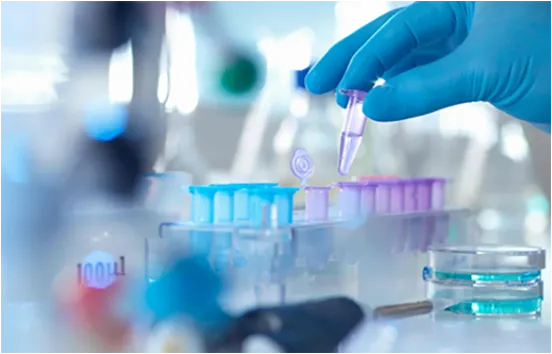Sustainable Practices for Beverage Packaging in PET Bottles
The Rise of Beverage PET Bottles A Sustainable Future
In recent years, the beverage industry has witnessed a significant transformation with the advent of polyethylene terephthalate (PET) bottles. These lightweight, durable containers have become a staple for various drinks, including water, soda, juices, and more. As environmental concerns grow, the adoption of PET bottles is becoming not just a trend, but a necessary step towards sustainability in packaging.
What is PET?
Polyethylene terephthalate, commonly known as PET, is a type of plastic that is widely used in the production of beverage bottles. It is popular due to its excellent barrier properties, which help to keep beverages fresh while also being relatively inexpensive to produce. Moreover, PET is 100% recyclable, which has triggered a surge in its usage, particularly in an era where eco-friendliness is a top priority for consumers and manufacturers alike.
Advantages of PET Bottles
One of the primary advantages of PET bottles is their lightweight nature. They are significantly lighter than glass or metal containers, which not only reduces transportation costs but also lowers the carbon footprint associated with the distribution of beverages. Furthermore, the durability of PET allows bottles to withstand various temperatures and pressures, making them ideal for sparkling drinks and other carbonated beverages.
Another key benefit of PET is its recyclability. The recycling process for PET involves collecting used bottles, cleaning them, and then repurposing them into new products. This closed-loop system minimizes waste, conserves natural resources, and reduces the need for fossil fuels, which are traditionally used to manufacture new plastic. In fact, recycled PET (rPET) is increasingly being used to create new beverage bottles, showcasing a sustainable approach within the industry.
Challenges and Innovations
beverage pet bottles

Despite the numerous advantages, the widespread use of PET bottles is not without its challenges. Plastic pollution remains a significant environmental issue, leading to substantial amounts of plastic waste ending up in landfills and the ocean. Efforts are underway to combat this problem, focusing on improving recycling rates and adopting responsible consumption practices.
Innovations in the field of recycling and waste management are crucial. One promising development is the creation of advanced recycling technologies that can break down PET plastics back to their original monomers, enabling the production of new PET without degrading the quality. This not only enhances the recycling process but also encourages manufacturers to implement more sustainable practices in their operations.
Moreover, many companies are now adopting circular economy principles, which prioritize reusing materials and reducing waste. For instance, some beverage brands are transitioning to using bottles made from 100% recycled PET, further encouraging consumers to engage in recycling programs.
Consumer Responsibility
While manufacturers play a significant role in promoting sustainability, consumer responsibility is equally important. Individuals can contribute to a more sustainable world by participating in recycling programs and making conscious decisions about their beverage choices. Opting for products packaged in recyclable materials, such as PET, and supporting brands that prioritize eco-friendly practices can foster a positive impact on the environment.
Additionally, initiatives that educate consumers about proper recycling methods are essential. Awareness campaigns can help mitigate the confusion surrounding recycling and promote responsible disposal practices, ensuring that PET bottles do not end up as pollution in our communities.
Conclusion
Beverage PET bottles represent a significant milestone in the quest for sustainable packaging solutions. With their lightweight, durable, and recyclable properties, they offer numerous benefits that align with environmentally conscious practices. However, to truly transition towards a sustainable future, it requires a collective effort from manufacturers, consumers, and innovators alike. By promoting recycling, supporting sustainable brands, and making smarter choices, we can ensure that PET bottles go beyond just being a convenient packaging option; they can help lead the way towards a greener planet.
-
Aesthetic Makeup Spray Bottles | Fine Mist Empty RefillableNewsAug.19,2025
-
White Plastic Veterinary Vaccine Vials | Lab Liquid BottlesNewsAug.18,2025
-
Plastic Medicine Liquid Bottle: Secure Flip Top Drug VialsNewsAug.17,2025
-
Durable 250ml Blue Plastic Vaccine Vial for Lab & Vet UseNewsAug.16,2025
-
Sterile Virus Sample Tubes: Secure & Reliable Specimen CollectionNewsAug.15,2025
-
White 250ml Plastic Vaccine Vial for Lab & Vet MedicineNewsAug.14,2025
























